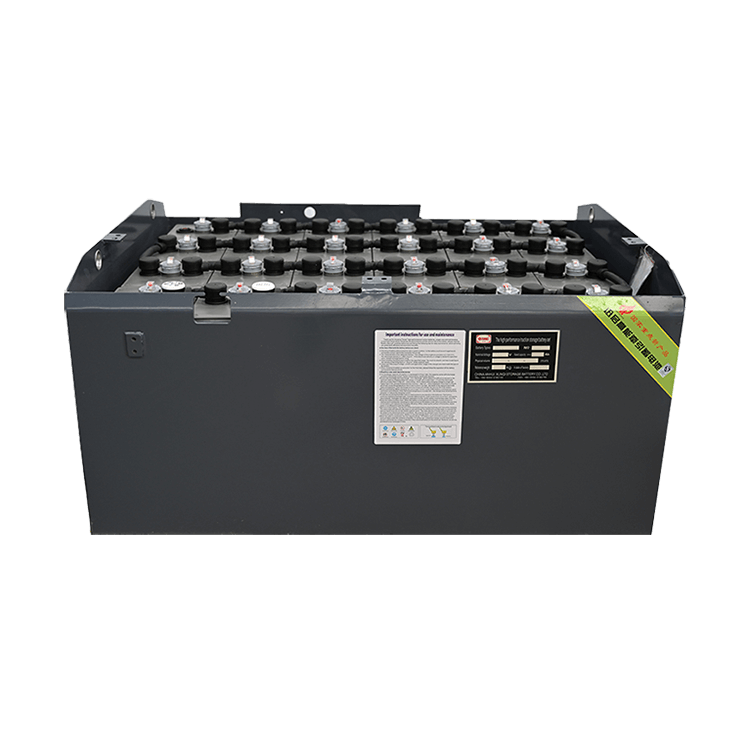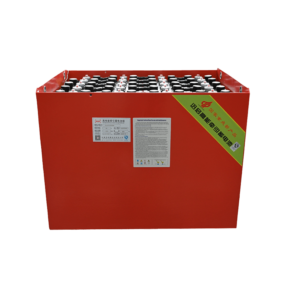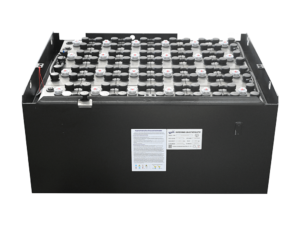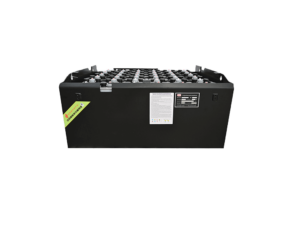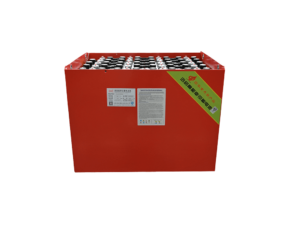Forklifts are essential workhorses in warehouses and industrial settings, tirelessly lifting heavy loads and streamlining operations. Behind their efficiency lies a crucial component – the forklift battery. However, just like any other equipment, forklift batteries can encounter issues that can disrupt productivity. In this article, we will explore some of the common forklift battery problems and provide actionable solutions to keep your operations running smoothly.
Table of Contents
Introduction
Forklifts are the unsung heroes of the industrial landscape, tirelessly ferrying goods from one point to another. Yet, like any stalwart, they face their fair share of challenges. One of the most crucial elements ensuring their efficiency is the forklift battery. A well-maintained battery can optimize performance and reduce downtime significantly.
Understanding Forklift Batteries
Before diving into the intricacies of common battery problems, it’s essential to grasp the basics. Forklift batteries, often deep-cycle lead-acid batteries, provide the power necessary to lift heavy loads and propel the vehicle. These batteries are designed to endure frequent and deep discharges, making them ideal for the stop-and-go nature of forklift operations.
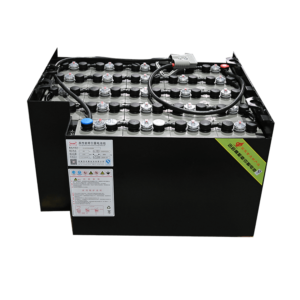
Common Problems
Insufficient Charge
Imagine a forklift halting mid-task due to a drained battery – a frustrating scenario often caused by insufficient charge. This problem can stem from incomplete charging cycles or inadequate charging infrastructure.
Corrosion Buildup
Corrosion creeping onto battery terminals can impede electrical connections and disrupt the charging process. If left unchecked, it can lead to decreased battery efficiency and even permanent damage.
Watering Neglect
Forklift batteries require proper watering to maintain electrolyte levels. Neglecting this crucial aspect can result in overheating, reduced capacity, and shortened battery life.
Sulfation Woes
Sulfation, the accumulation of sulfate crystals on battery plates, is a common woe. It reduces battery capacity and, if unaddressed, can render the battery unusable.
Connector Issues
Connectors linking the battery to the forklift can become loose or damaged over time. This can lead to intermittent power supply, hampering forklift performance.
Troubleshooting and Solutions
Regular Maintenance Checks
Prevention is better than cure, and regular maintenance checks can nip potential problems in the bud. Scheduled inspections can identify issues early and prevent costly downtimes.
Charging Best Practices
Following correct charging procedures is crucial. Avoiding short charging cycles and ensuring complete charges can extend battery life and prevent premature failures.
Dealing with Corrosion
Routine cleaning of battery terminals using a mixture of baking soda and water can keep corrosion at bay. Applying a protective coating post-cleaning can further deter corrosion.
Watering Protocol
Adhering to a proper watering schedule ensures consistent electrolyte levels. It’s vital to use distilled water and not overfill, as both under- and over-watering can harm the battery.
Sulfation Removal Techniques
Applying an equalizing charge or using specialized desulfation equipment can help break down sulfate crystals and restore battery capacity.
Connector Maintenance
Regularly inspecting and cleaning connectors can prevent power interruptions. Replacing damaged connectors should be done promptly to avoid performance glitches.
Signs You Need a New Battery
Diminished Performance
If your forklift struggles with tasks it used to handle effortlessly, it could be a sign of a declining battery. Diminished performance indicates reduced capacity.
Inconsistent Charging
Batteries showing erratic charging patterns might have internal issues. Inconsistent charging could point to problems with battery cells or connectors.
Excessive Heat Emission
An unusually hot battery during or after charging demands attention. Excessive heat emission can indicate internal short circuits or overcharging.
Preventive Measures for Longevity
Proper Storage
When not in use, store batteries in a cool, dry place away from direct sunlight. Extreme temperatures can degrade battery life.
Temperature Control
Operate forklifts in temperature-controlled environments whenever possible. Extreme heat or cold can harm battery chemistry and performance.
Training and Education
Educate forklift operators about proper battery care and maintenance. Well-informed operators can contribute significantly to prolonging battery life.
Conclusion
Forklift batteries are the unsung heroes powering industrial productivity. Addressing and preventing common battery problems can enhance efficiency and extend battery life. Regular maintenance, proper charging practices, and a keen eye for warning signs can ensure your forklifts keep moving without hiccups.
FAQs
- Can I use tap water for battery watering?
- It’s recommended to use distilled water to prevent mineral buildup that tap water can cause.
- How often should I check my forklift battery’s electrolyte levels?
- Checking electrolyte levels every 10 charging cycles is a good practice to ensure optimal performance.
- Can I overcharge my forklift battery to get more work hours?
- Overcharging can lead to battery damage and reduced lifespan, so it’s best to follow recommended charging procedures.
- Are fast charging options suitable for forklift batteries?
- While fast charging can be convenient, it can also generate heat and potentially shorten battery life if not done correctly.
- What should I do with a damaged connector?
- A damaged connector should be replaced promptly to prevent intermittent power supply and maintain forklift performance.
For any further assistance or information, feel free to contact:
Shanghai Zhongsheng Industrial Co., Ltd
Website: zospower.com
Phone: +86-15026665707
Email: [email protected]
